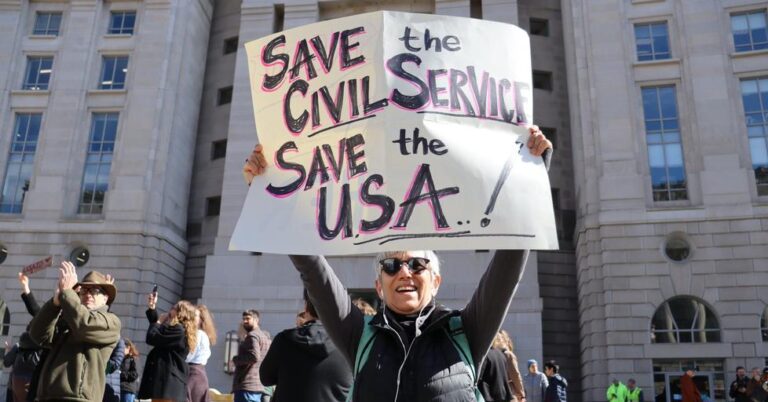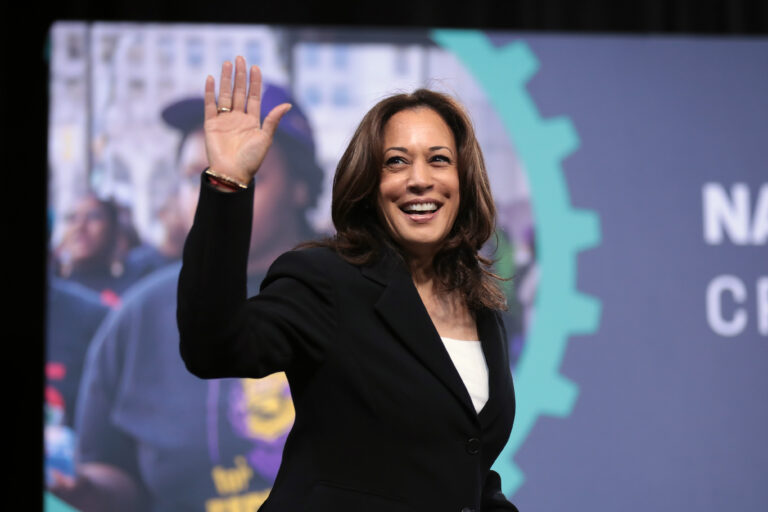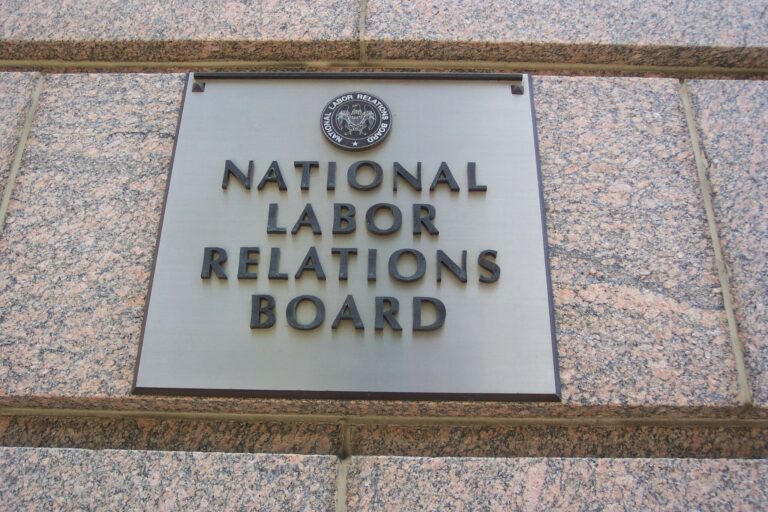Hannah Belitz is a student at Harvard Law School.
Yesterday, in dozens of cities across the U.S., tens of thousands of protestors took to the streets to demand that Trump release his tax returns. Reuters explains that organizers of the “Tax March” wanted to draw attention to Trump’s refusal to release his tax returns. The marches were planned for April 15 because it is the traditional filing deadline for U.S. federal tax returns (this year the filing date was pushed back two days).
Politico reports that the “clock is ticking” for expanding the number of available H-2B visas. The H-2B visa program permits business to hire temporary, non-agricultural foreign workers, with a cap of 66,000 visas per year. The 2015 spending bill exempted returning workers from the cap, and business leaders are pushing for Congress to do the same in 2017. Although a House appropriations bill for the fiscal year 2017 already includes the exemption, business leaders are lobbying the Senate to do the same by April 28, the date by which Congress needs to pass a spending bill to keep the government functioning.
On Thursday, U.S. District Judge for the District of Massachusetts Leo T. Sorokin presided over a two-hour hearing regarding two City Hall aides charged with extortion for “allegedly threatening to withhold permits for the Boston Calling festival in September 2014 unless organizers hired union workers.” According to the Boston Globe, a prosecutor in the U.S. Attorney’s Office asserted that the aides thought they were advancing Mayor Walsh’s agenda. Attorneys for the defense countered that the aides acted as city workers seeking jobs for constituents, that they had the right to negotiate the use of City Hall Plaza, and that the prosecutors “have failed to show that the defendants received anything of value for allegedly urging the labor union jobs.” As Attorney Thomas Kiley argued, “A violation of the National Labor Relations Act is not the same as [extortion].”










Daily News & Commentary
Start your day with our roundup of the latest labor developments. See all
February 23
In today’s news and commentary, the Trump administration proposes a rule limiting employment authorization for asylum seekers and Matt Bruenig introduces a new LLM tool analyzing employer rules under Stericycle. Law360 reports that the Trump administration proposed a rule on Friday that would change the employment authorization process for asylum seekers. Under the proposed rule, […]
February 22
A petition for certiorari in Bivens v. Zep, New York nurses end their historic six-week-strike, and Professor Block argues for just cause protections in New York City.
February 20
An analysis of the Board's decisions since regaining a quorum; 5th Circuit dissent criticizes Wright Line, Thryv.
February 19
Union membership increases slightly; Washington farmworker bill fails to make it out of committee; and unions in Argentina are on strike protesting President Milei’s labor reform bill.
February 18
A ruling against forced labor in CO prisons; business coalition lacks standing to challenge captive audience ban; labor unions to participate in rent strike in MN
February 17
San Francisco teachers’ strike ends; EEOC releases new guidance on telework; NFL must litigate discrimination and retaliation claims.